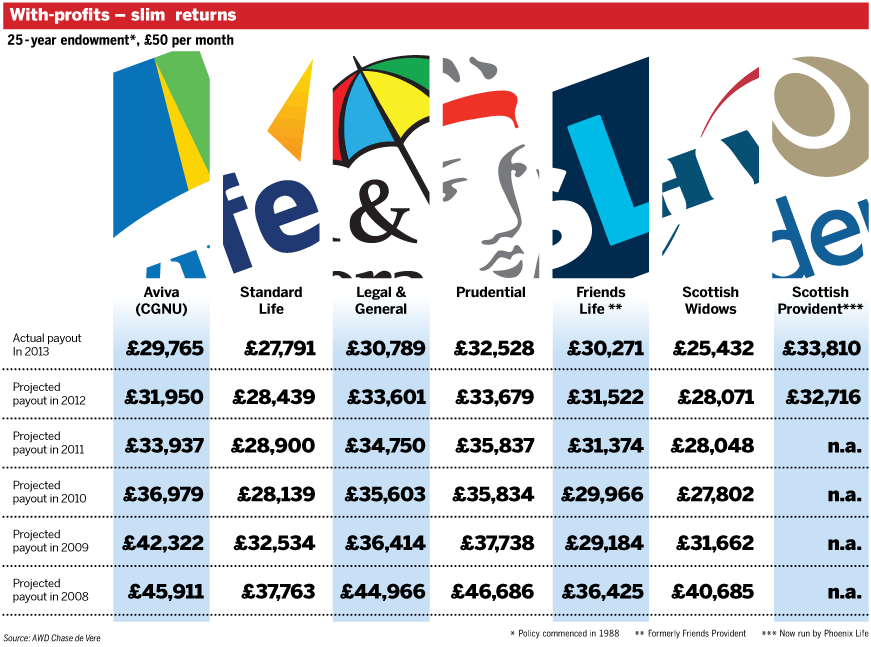Professional Adviser Awards 2015
Professional Adviser Awards 2015
Last week I attended the Professional Adviser Awards held in London a stone’s throw from the Barbican. We had been short-listed, for the second time in succession for “Firm of the Year” for London. Given our size it is highly unlikely that we will ever win when competing with much larger firms in the financial capital, frankly it is a a bit of a coup that we get short-listed. However on the back of our submitted work and the judges having a look at the firm I’m delighted to say that whilst we didn’t win, we were a close second with a “highly commended”.
 Those that know me will appreciate that I am constantly seeking ways to improve what we do for our clients. I am all too aware of short-comings and work hard to reduce or remove them wherever possible. So not winning, in this instance, feels absolutely right and yet still highly satisfying.
Those that know me will appreciate that I am constantly seeking ways to improve what we do for our clients. I am all too aware of short-comings and work hard to reduce or remove them wherever possible. So not winning, in this instance, feels absolutely right and yet still highly satisfying.
As it is awards season, it is customary to thank various people. So I would like to thank our clients, the staff, those within the industry that have assisted us to provide a great service, various peers that inspire and encourage me, friends and family that have been hugely supportive over the years and my wife and daughters for their support and understanding.
So in the spirit of improvement…. I’m more than willing to listen to ways that we can convey concepts to clients, produce easy to understand high quality material and promote independent financial advice within a proper financial planning context. Please get in touch if you have suggestions about how we may improve.
Dominic Thomas









